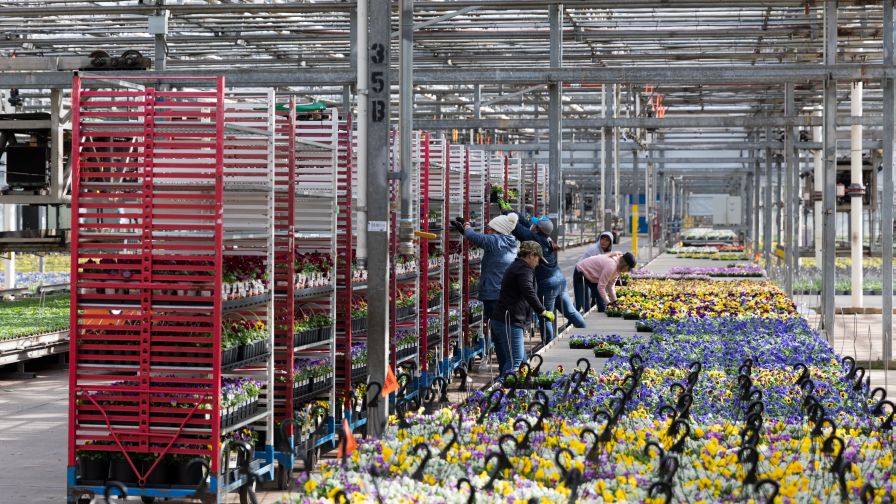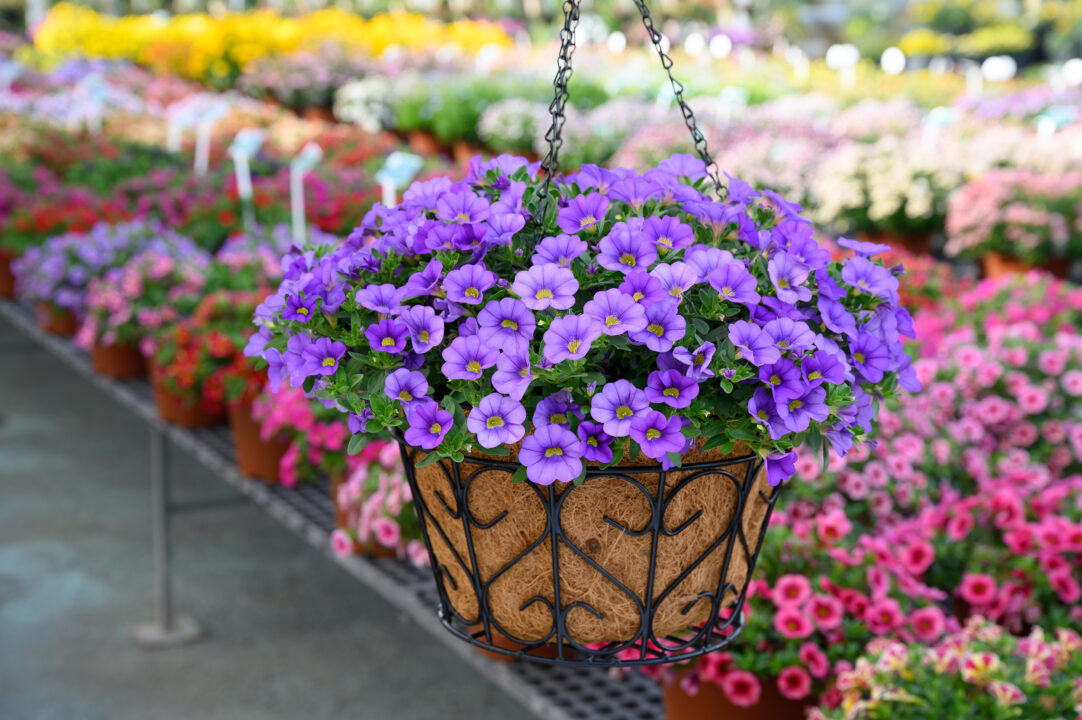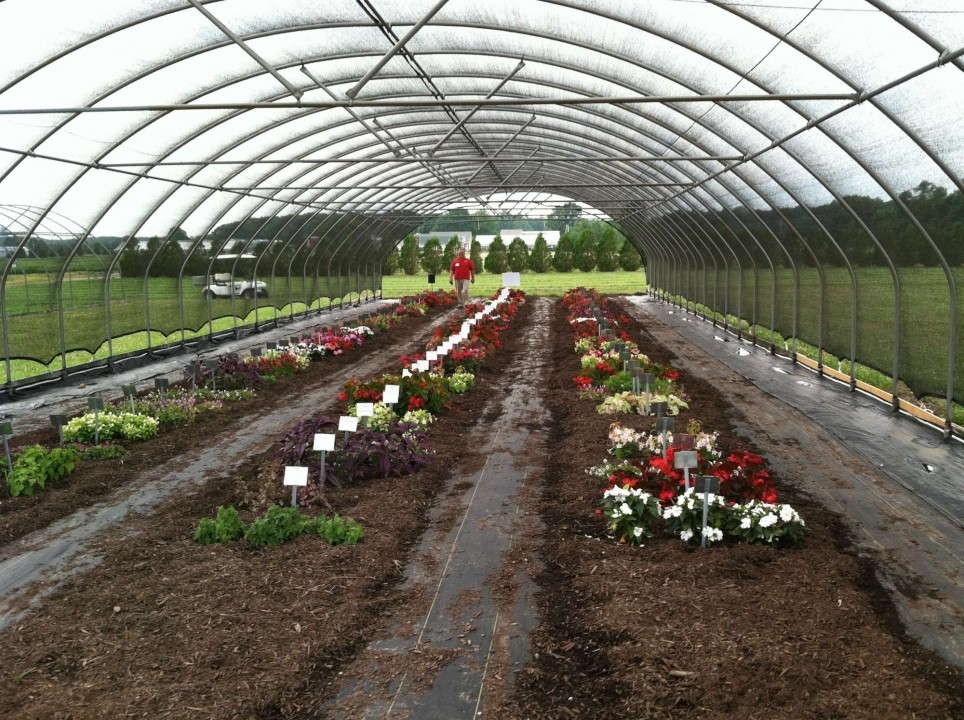Poll Results: Can IGCs And Big Box Stores Coexist?
We asked for your thoughts on the garden supply chain and whether or not there’s room for independent garden centers and box stores to coexist peacefully. Read on for the results of our online poll and your comments.
Here are the results of our poll question: How do you feel about the relationship between mass merchandisers and the independent garden center chain? 
Poll comments:
“Many indies need to up their game and prove themselves better.”
“There is a place for both. Some want the quick way, others the quality way.”
“Open markets are best. Supply chain discipline is lacking.”
“Mass merchandisers compete with IGCs on an unlevel playing field.”
“IGCs train the consumer then they go to the mass merchant.”
Comments on our article, “Can The Indpendent Garden Center Chain And Mass Merchandisers Coexist?”
“I always have one question: If PBS (Pay-By-Scan) is great and wonderful, how does a mass market grower get paid if he ships 10,000 items to big box stores, 5,000 are scanned through a register, and 5,000 are dumpsterized, how does the grower make money on the 5,000 plants, soil, pots, labor, etc he just paid out that went in the dump?”
– Keith B
“The IGC nurseries that offer different products, give superb service, that are competitive on high demand like items, offer new ideas with instore displays, always ackowledge the value of each customer that enters the store, set up a hot drink table in cooler weather and a lemonade stand in hot weather, diversify into other product lines (local honey or hand made goodies) have contests for customers to bring in the largest vegetable or bring in pictures of the most beautiful bloom and offer a gift card for the winner. Involve customers to be the judges. Just some ideas on how the IGC can compete with the box stores and keep customers guessing on what is next.”
– Jerry Vernon
“Both IGCs and box stores can co-exist. Producers/growers however will have to make a choice as to what product they supply to whom! You can’t supply the IGC with the same product as the box store across the street. And similarly, if I were to own an IGC, I would never buy product from those producers who supply both target markets with the same product.
“In that regard, I believe Hermann Engelmann is making a mistake [by supplying fairy gardens to Walmart]. As a producer there is not much to be proud of, when supplying Walmart anyways. You profile yourself as the lowest cost producer that is willing to sell for less year after year. Not a very wise business model in my books…”
– Mike V
“Mass merchandisers are in direct competition with IGCs, but they don’t compete on a level playing field. IGCs must pay for their product no matter whether it sells or is damaged by weather or mishandling. IGCs have to maintain the product on the shelves and merchandise it themselves. All this is done FOR the mass merchandiser, with no risk involved.”
– Lynn Ferda
“IGCs that are located close to mass merchants benefit the most. The big box brings in the traffic, exposes the customer to lots of product BUT does not have the experienced sales staff to answer any of the customers questions leaving the customer staring at many options of products on the shelf. The customer is confused as to what they need and drive down the street to the IGC.
“When it comes to green goods on the day of delivery, they are at parity BUT the box store’s product goes downhill every day it is in inventory. They really do not know how to care for the plants and many of the plants are not even in the proper zone and there is no one who can answer the customers questions on care or even planting instructions.
“Again, after an unsuccessful experience the customer goes to the IGC. As long as the IGC solves the customers problems and treats the customer with care these customers become theirs. Will they still shop the Box? Yes, but now with skepticism. Will they mention that product is less expensive down the street at the box when shopping the IGC? Sure they will, but as long as the IGC is competitive they will always make the sale. The customer is willing to pay for the IGC expertise. Don’t run from the box stores. Embrace them. They are the best generator of customers for the IGC around.”
– Bob Peterson









